PM.Dion Ngute functioning as a fig-leaf for the occupation of Ambazonia.
Letter to the Editor
The Independentist
Re: “The Case Against Dion Ngute” (7 July 2025)
Sir,
Your recent feature on Mr Joseph Dion Ngute trenchantly exposed how the so-called “colonial prime minister” has functioned as a fig-leaf for the occupation of Ambazonia. Allow me, as an Ambazonian still resident on the home-front, to underscore—indeed to amplify—your conclusions with additional context that can no longer remain unspoken.
It is whispered, even among his closest acquaintances, that Mr Ngute’s biological father hailed from Nkongsamba, deep inside La République du Cameroun. Whether bloodline or merely political kinship, this rumour illuminates a broader strategy perfected in Yaoundé since the 1970s: assign the most visible offices to individuals whose divided loyalties—or private vulnerabilities—leave them eternally beholden to the occupant of Mvomeka-menda’s throne. The pattern is familiar. Each protégé presents one of two qualifications: either he is conveniently “from the 11th province,” or he is a bona fide Southern Cameroonian saddled with a cupboard of skeletons ripe for presidential blackmail the moment he attempts to assert conscience over compliance.
Once installed, these clients seldom return to their native villages. They exchange spouses of their own heritage for marriages of calculated convenience, cultivate property in Yaoundé, and hover round the corridors of power in perpetual expectation of re-appointment. Meanwhile, their self-appointed status as “village elites” corrodes the very institutions they claim to serve. Our natural rulers—Fons and Chiefs whose words once bore the force of customary law—have been reduced to court jesters, lured into abandoning their palaces for rented flats in the capital, where they live off the stifling charity of political patrons.
The resulting cultural vandalism is measured not merely in lost dignity but in the tangible collapse of communal authority. When royalty becomes resident in Yaoundé, who is left to guard the lineage stools, arbitrate land disputes, or defend ancestral patrimony? The void is filled by self-advertised “educated elites”—too many of whom flaunt prestigious degrees yet publish no peer-reviewed work, parrot regime talking-points in affected accents, and traduce their own communities in exchange for crumbs from the presidential banquet. The educated idiot, to borrow a frank expression, is a far greater menace than the illiterate oppressor; he lends borrowed gravitas to tyranny.
Against this backdrop, Mr Ngute’s periodic pilgrimages to Buea are little more than choreographed theatre—a travelling circus of symbolic obeisance designed to persuade the international community that dialogue is afoot while the machinery of annexation grinds on undisturbed. The casualties are our traditions, our moral economy, and the psychological well-being of a people who find their rulers queueing for hand-outs in the same city where their oppressors toast to fifty-plus years of plunder.
The Independentist was right to strip away the myth of Dion Ngute as “solution-in-waiting.” He is, at best, the latest in a long line of intermediaries hired to translate the diktats of Yaoundé into the vernacular of Ambazonia. We have danced this danse macabre before—with elites who, upon losing office, never resettle among their own but linger in Yaoundé like political revenants, praying for resurrection. Their loyalty has never been to homeland, only to the throne that threatens their secrets.
If the struggle for liberation is to succeed, we must name this betrayal for what it is and refuse to be sedated by token appointments. No tribe, no university credential, no hollow titular honour can launder complicity in oppression. Let us therefore consign the tribal card, the elite charade, and the opportunistic marriages to the dustbin of post-colonial manipulation. Only then can Ambazonia reclaim the sovereignty of its institutions—and the integrity of its soul.
Name withheld
An Ambazonian on the Home-front













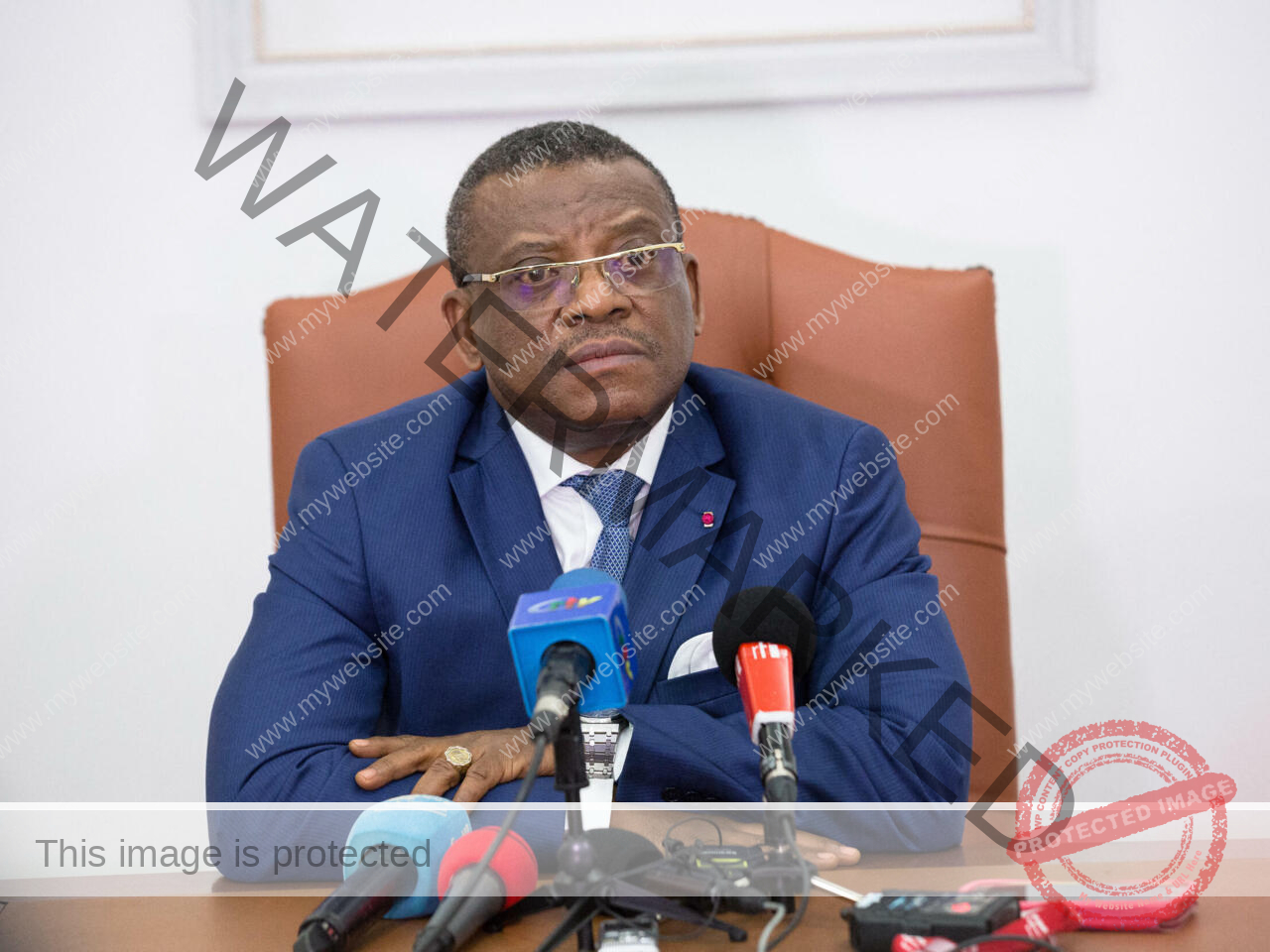
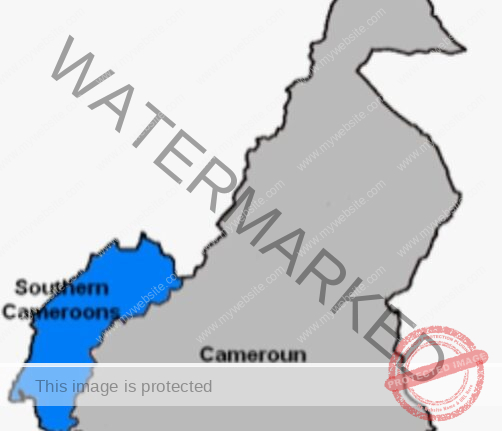


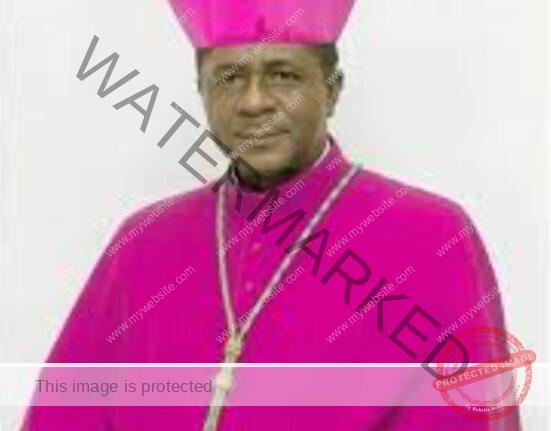
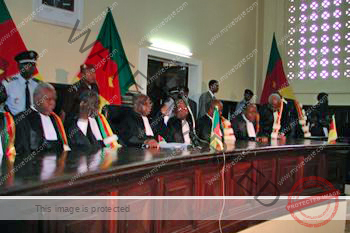
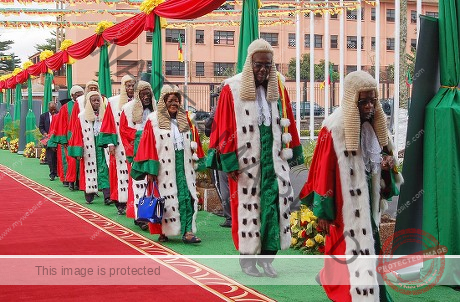

Leave feedback about this